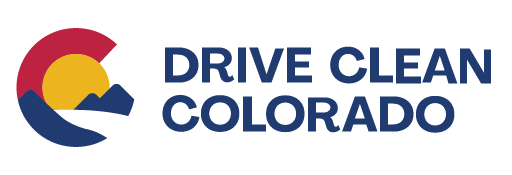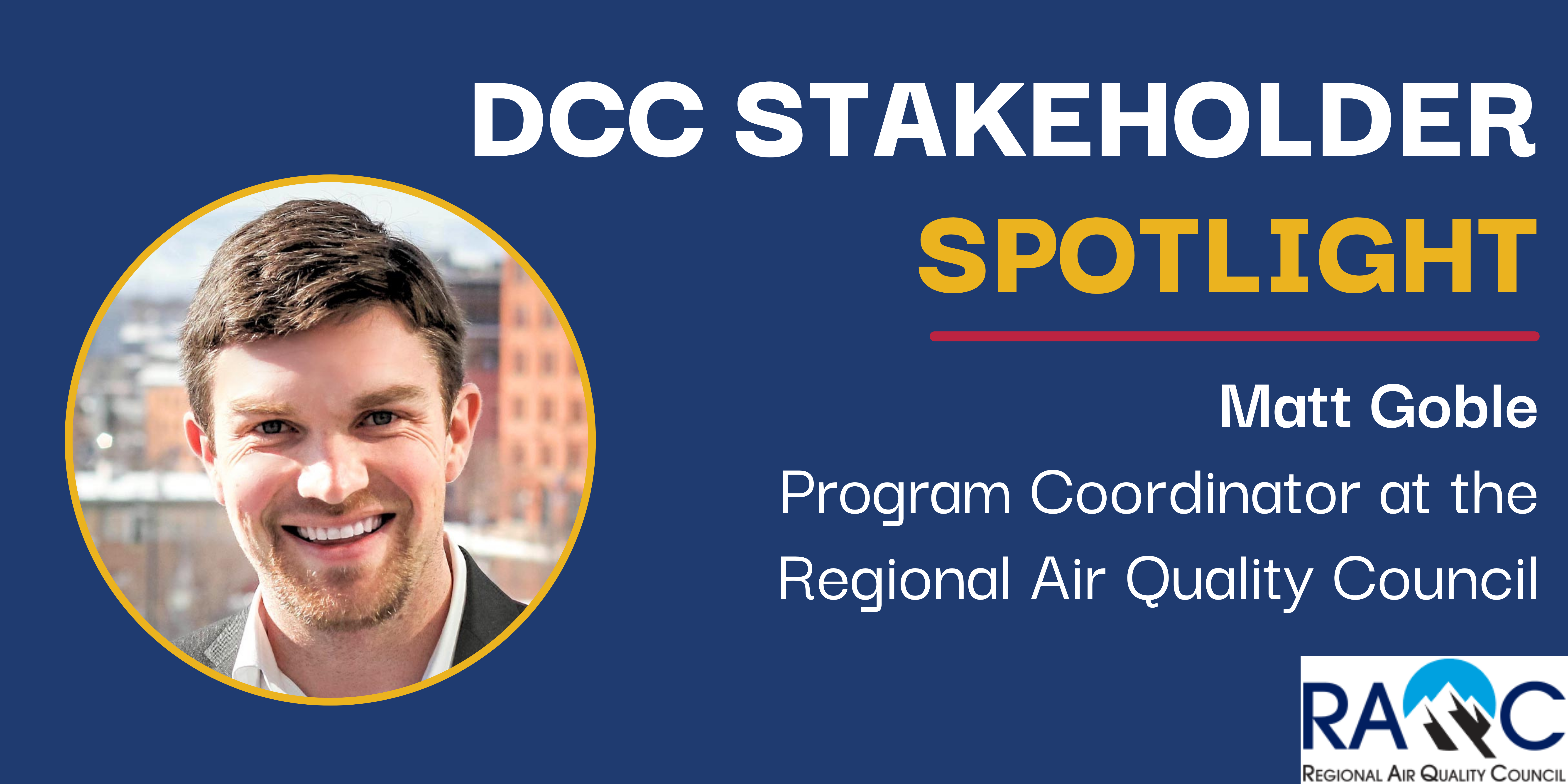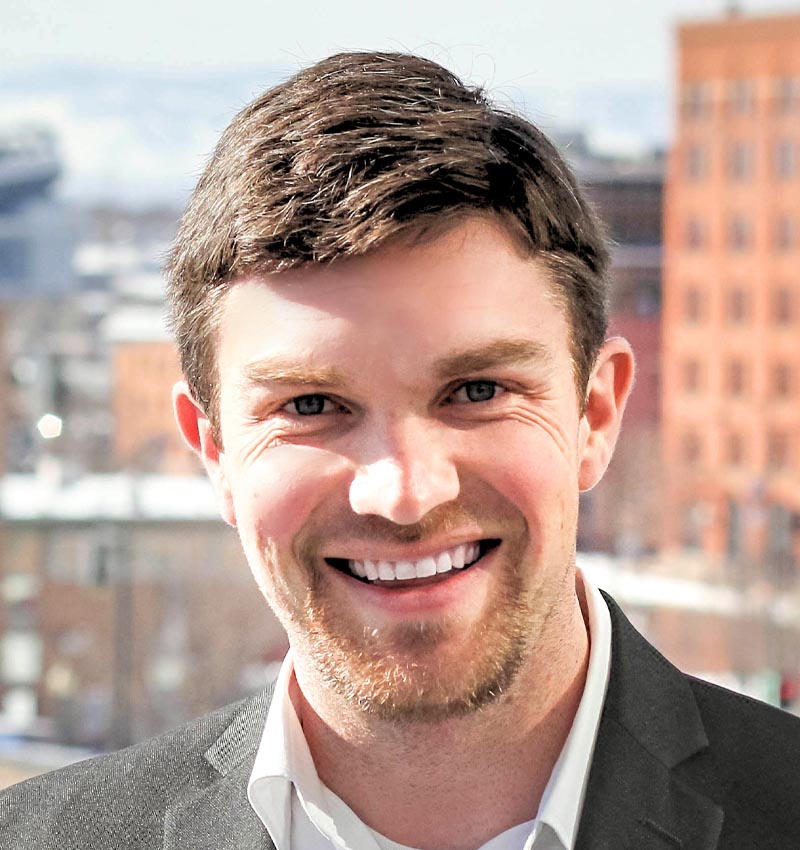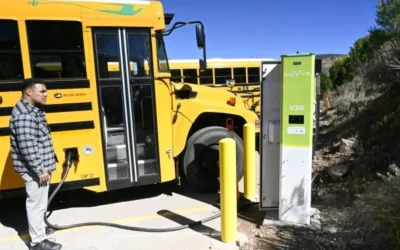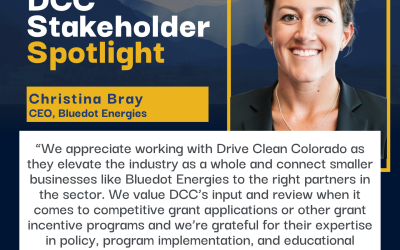Drive Clean Colorado (DCC) is excited to welcome Matt Goble as a new member of our board of directors! Matt is a Program Coordinator for the Regional Air Quality Council (RAQC). Currently, he manages the RAQC’s mobile sources programs, including Charge Ahead Colorado and ALT Fuels Colorado. Matt recently sat down with us to speak about his motivation behind joining the DCC board of directors, RAQC’s grant programs for electric vehicle infrastructure, and Colorado’s challenge to reduce air pollution.
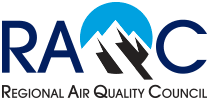
*Note: The following answers are summarized from an interview with Matt Goble from RAQC
You recently joined DCC’s board of directors, what was the motivation behind that? Is there anything you are looking forward to about being a part of the board?
I’ve been at RAQC for around seven years and during that time, Drive Clean Colorado has always been very involved in many of the things RAQC has participated in. DCC has always had a working knowledge of our programs and great interactions with so many different folks, so when I was presented with this incredible opportunity to be part of the board, I eagerly took it as a way to pull me out of the “silos” of programmatic operations. Being a part of the board gives me an opportunity to bring real-world experience into the board-level conversation and understand how RAQC’s programs filter back out into the community at large.
Drive Clean Colorado supports two of RAQC’s programs, ALT Fuels Colorado and Charge Ahead Colorado – how has your engagement with DCC helped you achieve your goals for those programs?
The force multiplier effect of how DCC champions these programs, both in the Denver Metro area and statewide, is unparalleled. In the case of Alt Fuels, RAQC has a small staff compared to the number of applicants and awards we give and it would be impossible for us to both solicit interest in the applications and manage the grant on our own. This program would not be nearly as successful without DCC’s hard work getting the word out and coaching people through applications, and it certainly makes my job that much easier. One of the most popular projects through Alt Fuels is electric school buses and I know so many of DCC’s staff have engaged with school districts statewide to help them with applications. We ask for quite a bit in the application process for Alt Fuels, including soliciting quotes from multiple vendors and engaging with the local utility, and that can be a lot for a fleet director or their staff to do. Having somebody out there like DCC to provide coaching services and insight has led to several projects being funded for school districts statewide. With Charge Ahead Colorado, we’ve gone through so many iterations of funding levels and changed to keep pace with the market and demand for workplace, multi-family housing, and destination charging, and DCC has been there for all of it, helping stimulate application response. By and large, DCC’s engagement provides incredible support for programs that RAQC manages.
What is the biggest challenge you’re facing in reducing air pollution in Colorado?
We face several challenges in our work to reduce air pollution. One of the big ones involves trying to articulate what air pollution, and more specifically ozone pollution, is to the general public. When you say “ozone”, most people think of the ozone layer, so right off the bat we have to explain that we’re not talking about the ozone layer, we’re talking about a gas that’s tasteless, odorless, and invisible to the naked eye. The challenge comes from figuring out how to demonstrate to the public that something they can’t see, smell, hear or touch is a problem. Something that tends to be more of a micro-challenge is what we’re able to fund from a transportation standpoint given the current funding mechanisms. The Volkswagen settlement has been an incredible gift to the state to help transition fleets, but one of the more difficult outcomes from that is the requirements needed to utilize that money, like the diesel scrappage requirement and age range of the vehicles. What we’ve found is that a lot of fleets that have interest unfortunately don’t meet those requirements, making it difficult to support many fleets looking to transition their vehicles. That’s why Senate Bill 260 and all the momentum happening at the state level for a funding mechanism that doesn’t come with all those requirements is going to be incredible for this market.
Are there any projects you’re working on right now that you’d like to share?
At the moment, almost all of my time is spent on Charge Ahead Colorado and Alt Fuels and the program and grant management side of those. We just closed a round and made award announcements on our webpage for another 24 vehicles – largely school bus awards and a couple of others. We are also starting the initial conversations and idea phase of what is going to happen down the road with Senate Bill 260 and all the possibilities that will bring. There are a lot of plans yet to be made, but everyone is very excited for the future.
For the last three months that the Alt Fuels Colorado application was open, I spent a lot of time communicating to folks that we were likely going to expend all our funding and that it would be the last round. However, it turns out that once we got all the Alt Fuels applications reviewed, we have a little bit of funding left over to do an additional round of funding for that grant. This is exciting because I know a lot of folks were concerned about the Volkswagen funds running out and what we were going to do in the time between that ending and that start of Senate Bill 260. This next round of funding for Alt Fuels will at least give us a little bit more to get us down the road while future plans are being discussed.
See more DCC Member Spotlights or learn more about joining DCC today!

